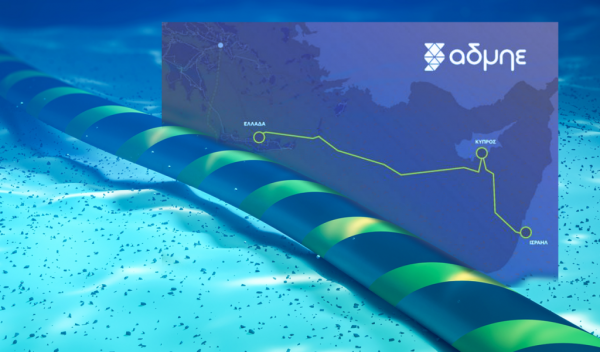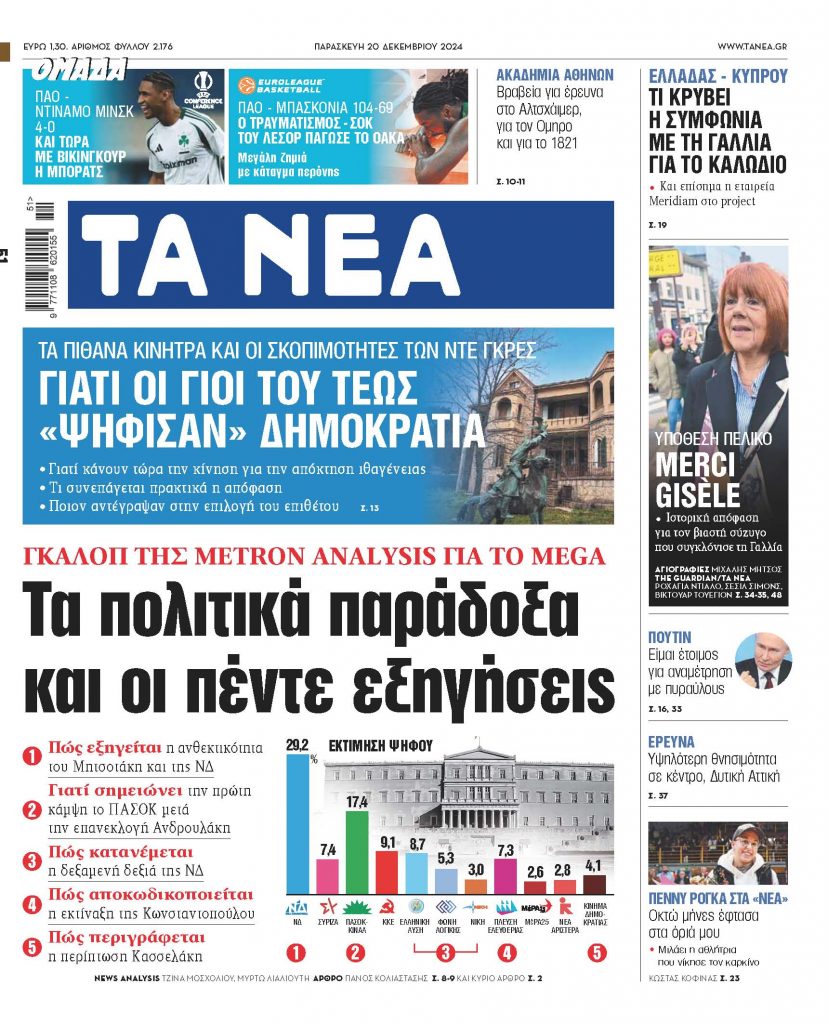Turkey is multiplying its diplomatic initiatives, mediating in wars, closing its open foreign policy fronts, luring investment, and overall pursuing the role of a large regional power.
Following its rapprochement with Israel, it now appears to be coming to terms with Syria, whose leader Turkish President Recep Tayyip Erdogan had in the past characterised as a “terrorist”.
Words, however, are of little significance.
Power is what counts.
Meanwhile, Turkish analysts are noting that Erdogan is lagging in the polls on next June’s general elections, and everyone is wondering what means he might employ in order to remain in power.
The opposition has proven unable to provide a credible alternative solution for the future.
It refuses to include in its ranks the pro-Kurdish Peoples’ Democratic Party (HDP), and it has not yet picked a candidate who would have a chance of winning the presidential election, and then restoring democracy and the authority of institutions.
Obviously, the weakness of the opposition benefits Erdogan.
Hence, it is not enough for Greece to bank on the supposed isolation of Turkey and the political end of its leader.
Athens must prepare for the prospect of Ankara broadening its alliances and of Erdogan being re-elected to yet another five-year term.
Even in the event of a peaceful transfer of power, Turkey’s policy toward Greece is not expected to change radically.
In the final analysis, emotions are insignificant.
Realism is paramount.








